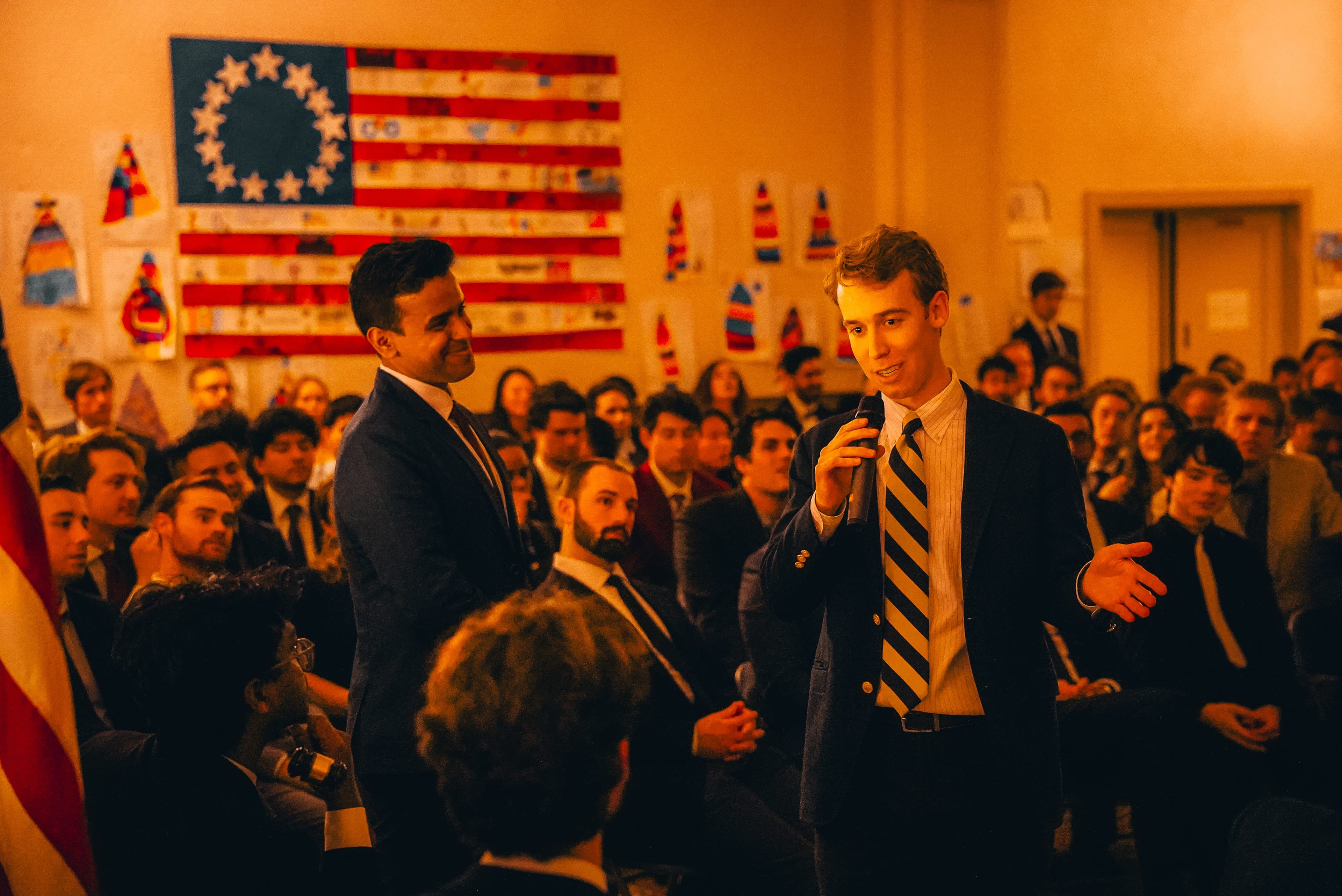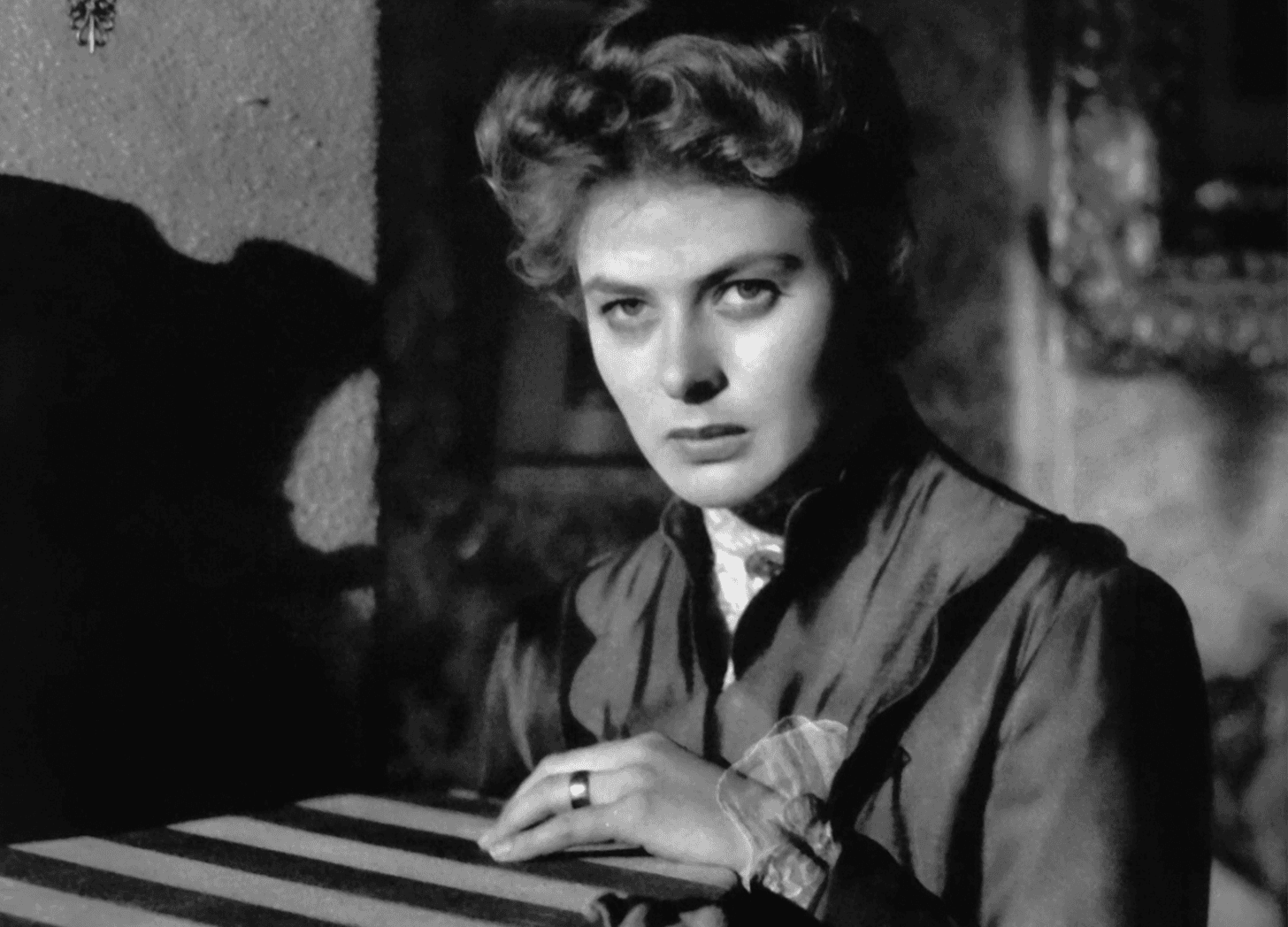
Meet the Secret Society Where Young Tech Debates the Future of the WestJan 30
the hamilton society, which hosts monthly debates inside a catholic church, is quickly becoming a cultural focal point in san francisco
Mar 31, 2023

From James Bond and Matilda to R.L. Stine’s library of beloved young adult horrors, an army of Orwellian “sensitivity readers” are quietly altering our most precious texts. Separate from the obvious ethical issues inherent of censorship and manipulation, the notion our cultural artifacts are malleable, now, raises many alarming questions. Chief among them: with no agreed upon sense of history, comprised of a shared (and fixed) western canon, how do we even discuss, let alone learn from the past? And can a society with no shared heritage learn to share anything else?
Kat Rosenfield is a culture writer, Unherd columnist, and the Edgar-nominated author of five novels; her most recent book, You Must Remember This, was released in January. She guests today for Pirate Wires with an exploration of the single most dangerous trend in literature.